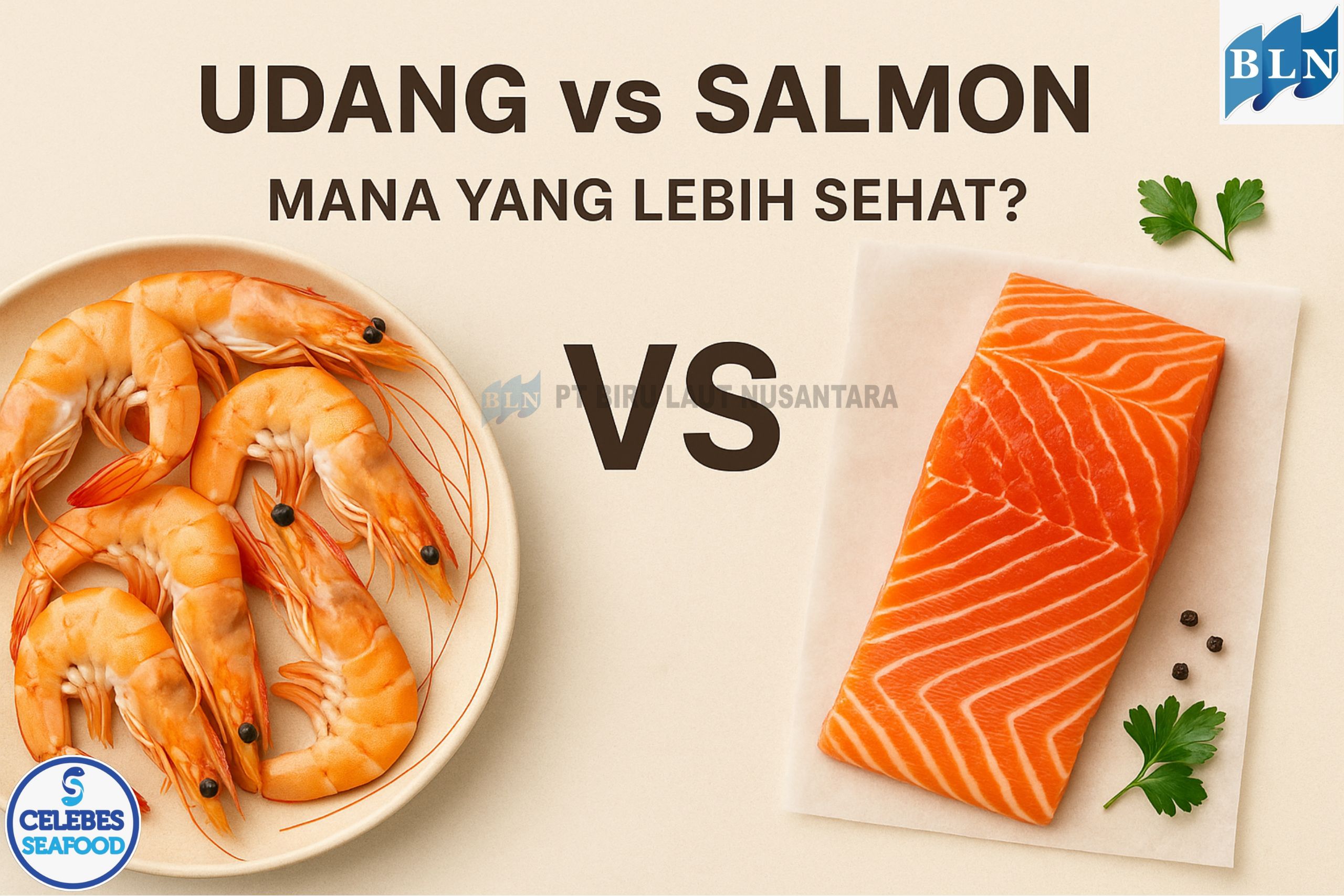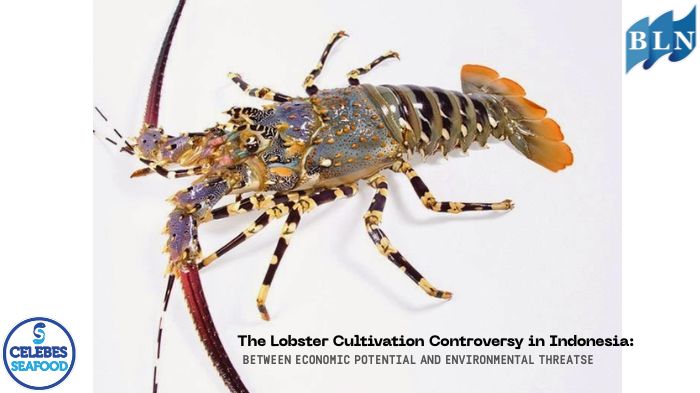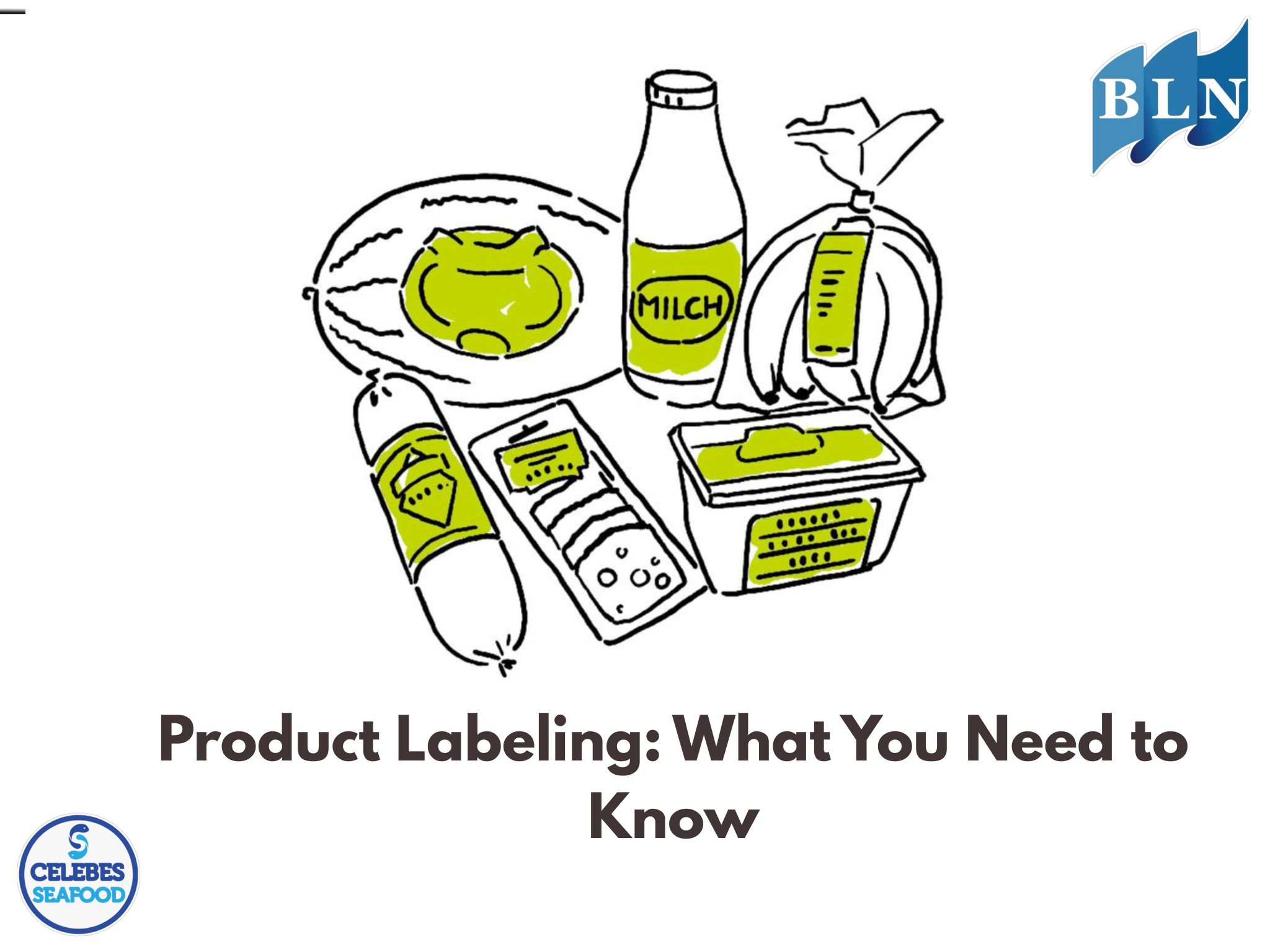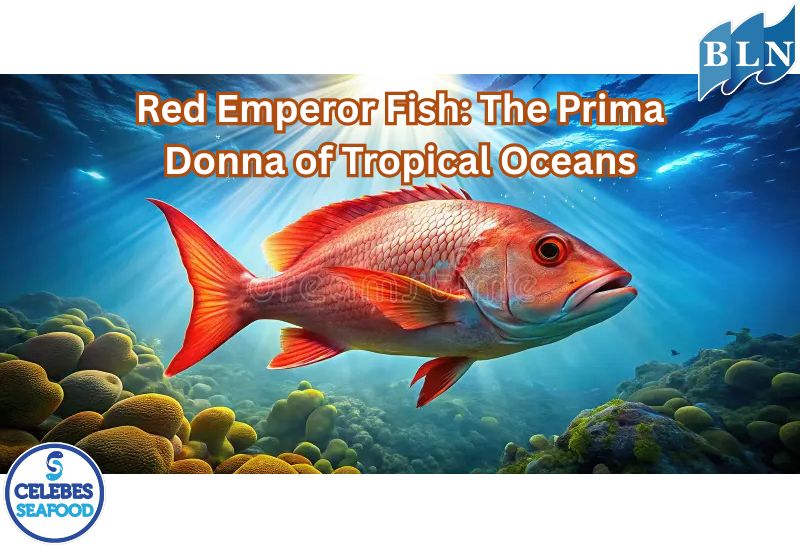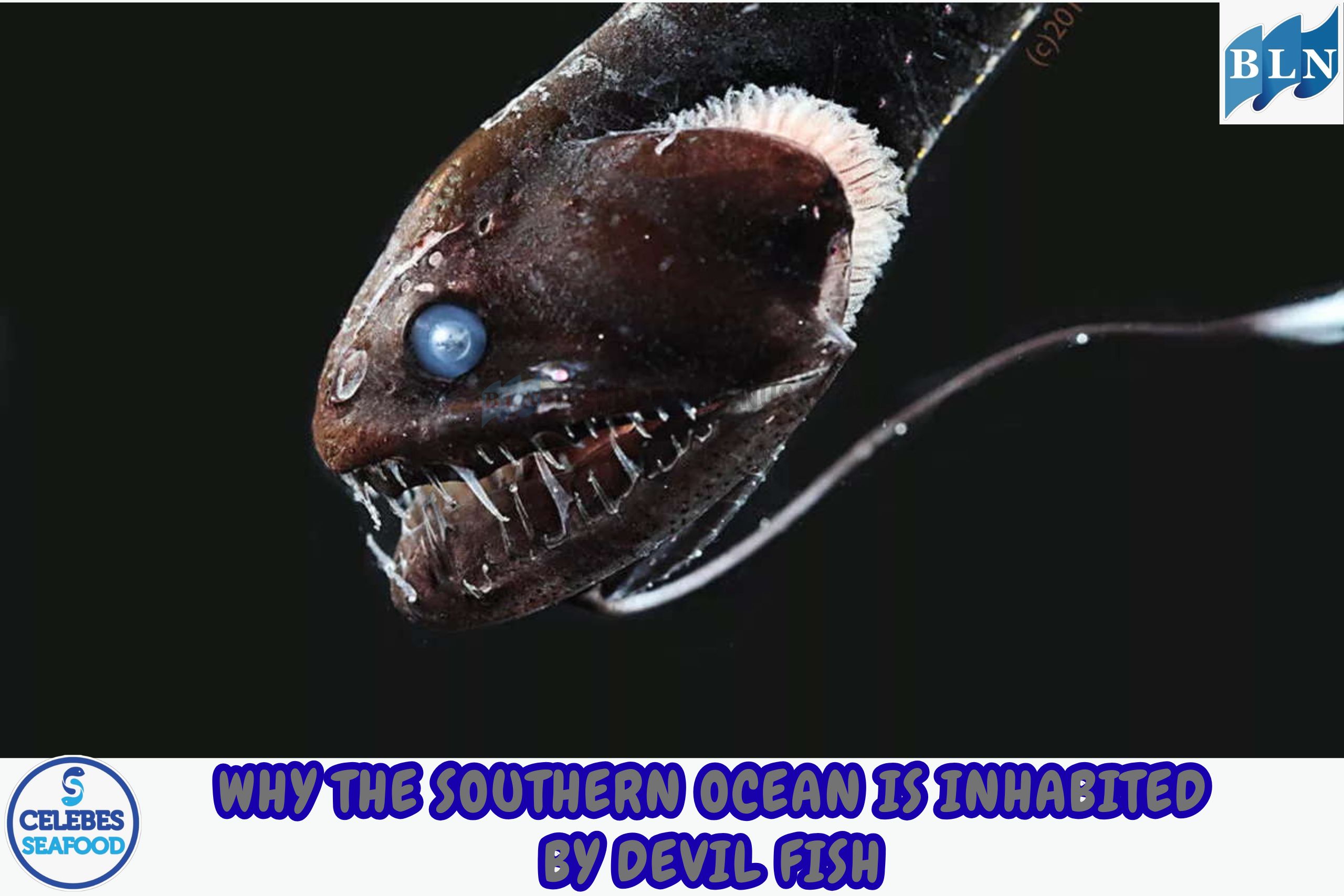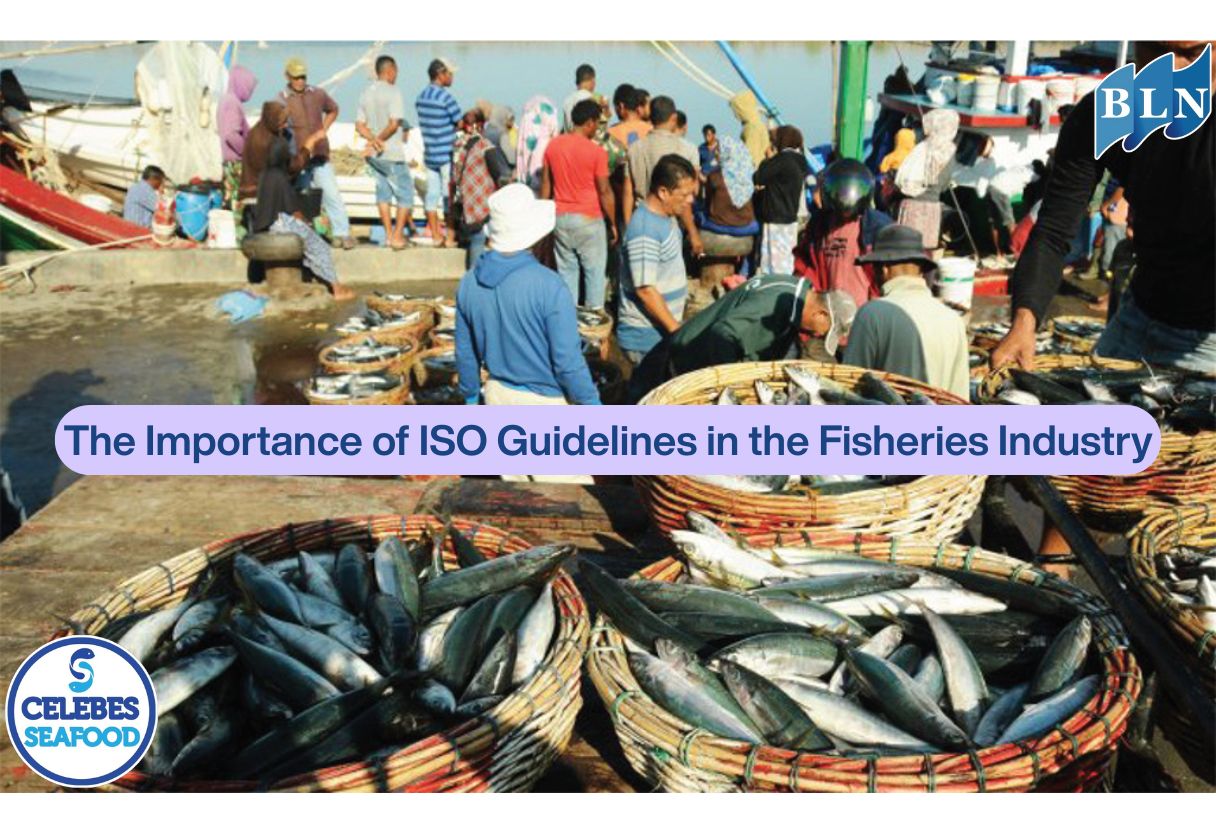The Potential and Production Process of
By. Azizah - 09 Jun 2025.jpg)
lautnusantara.com"Ikan asin kapas" (literally "cotton salted fish") is one of Indonesia’s traditional fish preservation products, made through salting and sun drying. It is known for its unique flavor and long shelf life, making it popular among both coastal and urban communities. This article discusses the economic potential, production process, and the challenges and opportunities in developing ikan asin kapas as a high-value product. The study uses a descriptive qualitative method through field observations, interviews with fish processors, and literature review. Results show that ikan asin kapas has wide market potential, but improvements are needed in hygiene practices and packaging quality.
Introduction
Indonesia is rich in marine resources, including fish that can be processed into preserved products like salted fish. One of the well-known types is ikan asin kapas—a product made from small, flat-bodied fish that is dried until it becomes light and brittle, resembling cotton in texture. This product is not only consumed locally but also has demand in other regions and even in export markets. Unfortunately, traditional processing methods and the lack of quality standards remain a challenge in enhancing its value.
Research Method
This study uses a qualitative descriptive approach, collecting data through direct observation in coastal salted fish production centers in Sumatra and semi-structured interviews with 10 local producers. In addition, literature related to processing techniques, quality standards, and market prospects was analyzed.
Results and Discussion
1. Characteristics of Ikan Asin Kapas
Ikan asin kapas is typically made from small fish such as pepetek (Leiognathus spp.) or small scads, which are salted and dried until they are lightweight and brittle. Its grayish-white color and fluffy texture are its distinctive traits.
2. Traditional Production Process
-
Cleaning: Fish are washed and gutted.
-
Salting: Fish are soaked in a salt solution for 12–24 hours.
-
Drying: Fish are sun-dried for 2–3 days until completely dry.
-
Packaging: Dried fish are packed in sacks or plastic bags for distribution.
3. Economic Potential
Processing ikan asin kapas increases income for fishers and small-scale processors. The market price ranges from IDR 25,000 to IDR 40,000 per kg locally, and can be higher with modern packaging and certification.
4. Development Challenges
-
Lack of hygiene and sanitation standards.
-
Dependence on weather for drying.
-
Limited innovation in packaging and labeling.
5. Innovation Opportunities
-
Use of solar dryers or electric drying machines.
-
Modern packaging with nutrition labels.
-
Quality and halal certification to access wider markets.
If you are interested in our Coral Trout Fillet Skin On, CORAL TROUT WGG WHOLE GILLED GUTTED, TOMATO COD WHOLE GILLED GUTTED please do not hesitate to contact us through email and/or whatsapp.
